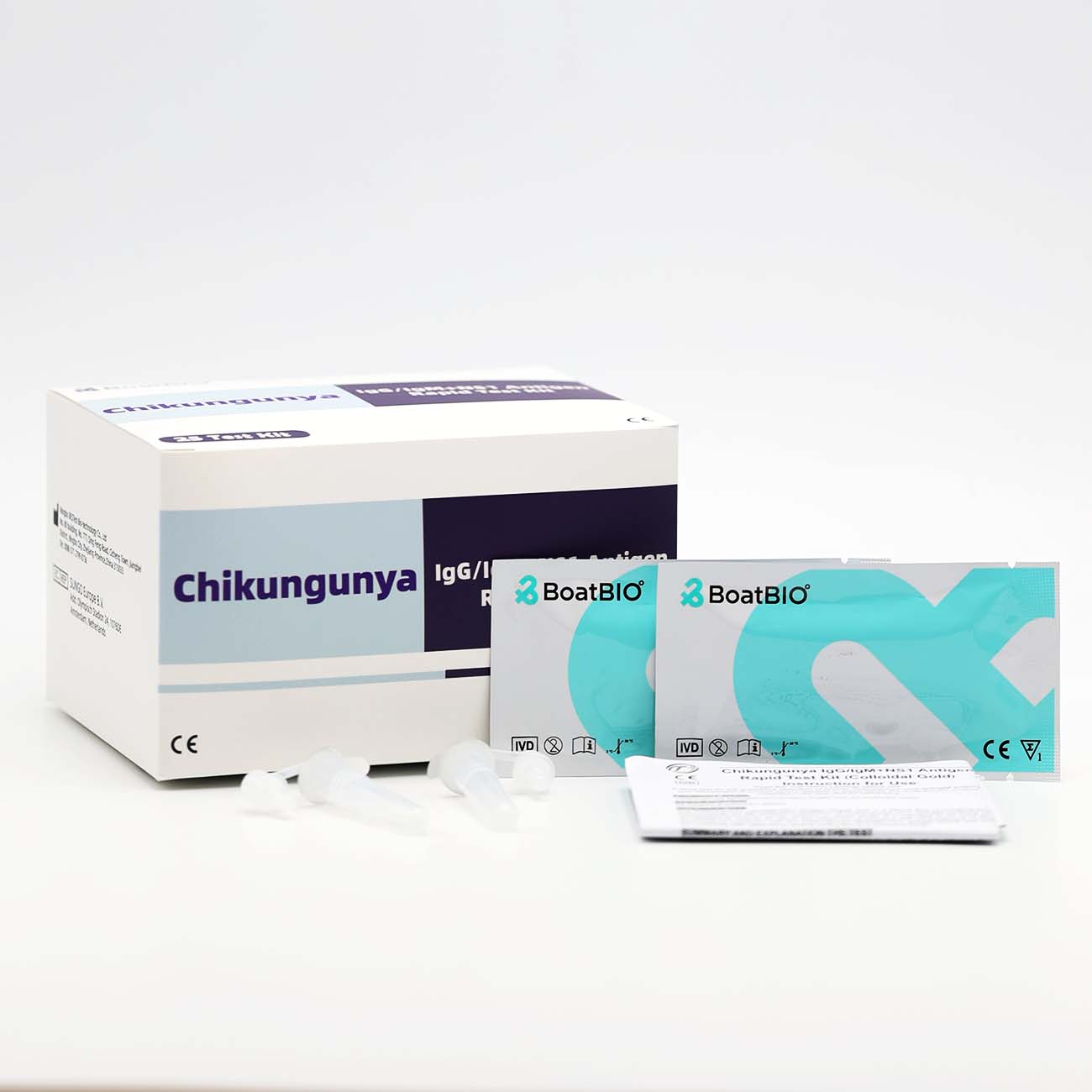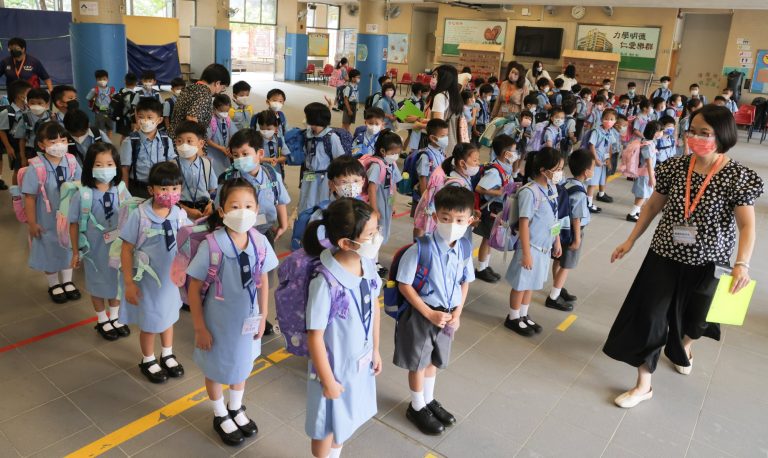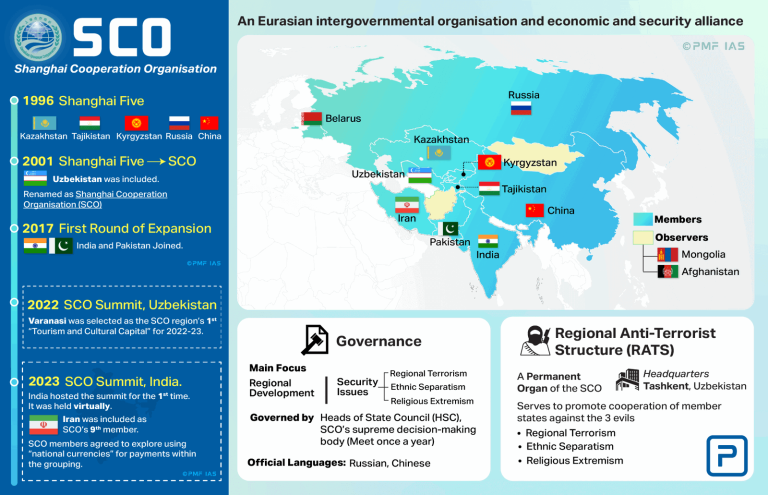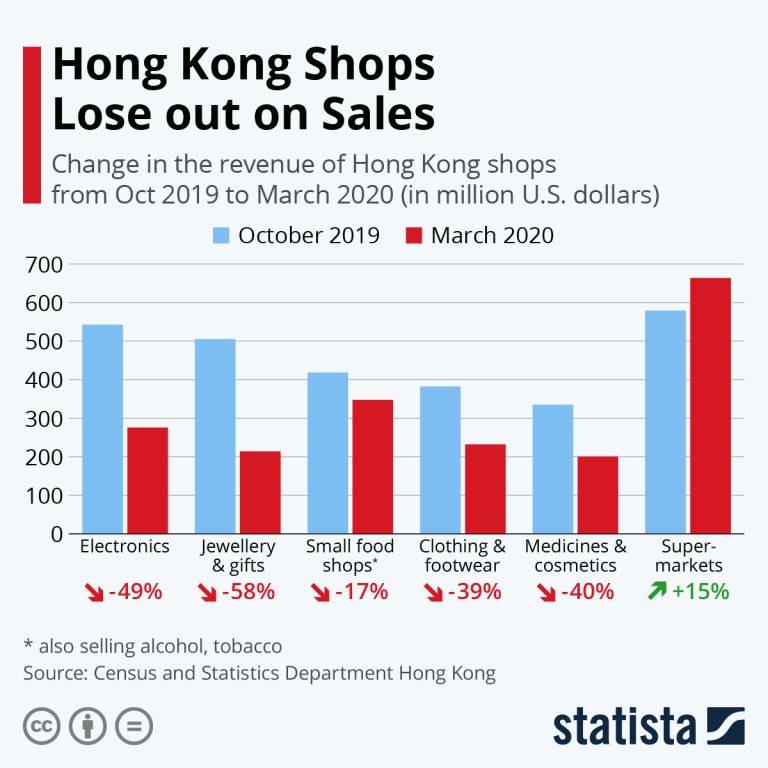Navigating health concerns can be challenging, especially when it comes to infectious diseases like chikungunya fever (CF). Recent guidance from Hong Kong’s Department of Health provides crucial insights for anyone concerned about self-testing and disease management.

As of August 11, 2025, health authorities have made it clear: no rapid test products for chikungunya fever have been certified for public self-testing. This important announcement comes directly from Dr. Edwin Tsui, Controller of the Centre for Health Protection, who warns consumers about the risks of relying on unverified diagnostic tools.
The proliferation of online advertisements claiming to offer quick and easy CF testing has raised significant red flags. One manufacturer, after direct inquiry from health officials, confirmed that their product is not intended for public self-testing. In response, they’ve instructed local suppliers to immediately suspend retail sales, demonstrating a commitment to public safety.

Why are self-testing kits so problematic? The risks extend beyond simply getting an inaccurate result. Attempting to diagnose yourself can lead to dangerous delays in proper medical treatment. Chikungunya fever, a mosquito-transmitted viral disease characterized by fever and joint pain, requires professional medical assessment and care.
Even more concerning are the risks associated with self-medication. Health authorities strongly caution against using medications like aspirin or non-steroidal anti-inflammatory drugs (NSAIDs) such as ibuprofen. These medications can dramatically increase the likelihood of hemorrhage, potentially creating severe health complications.

There is a glimmer of hope on the horizon. A local research institution is actively developing rapid test products for chikungunya fever. The Department of Health is closely collaborating with this institution, encouraging them to apply for inclusion in the Medical Device Administrative Control System. This regulatory framework ensures the safety and reliability of medical devices in Hong Kong.
As of the announcement, no new imported cases of chikungunya fever had been reported in the region. However, this doesn’t mean the threat isn’t real. The ongoing research and careful monitoring demonstrate the health authorities’ proactive approach to potential infectious disease risks.

For individuals concerned about chikungunya fever, the message is clear: consult healthcare professionals. Do not rely on unverified online products or attempt to self-diagnose. Professional medical guidance remains the safest and most effective approach to managing potential infections.
The current landscape underscores the importance of comprehensive health awareness. While rapid self-testing might seem convenient, the potential risks far outweigh any perceived benefits. Healthcare professionals have the expertise to accurately diagnose and treat conditions like chikungunya fever, ensuring the most appropriate and safe medical response.

Staying informed is your best defense. Keep track of official health advisories, consult medical professionals when you have concerns, and prioritize verified, professional medical services over quick-fix solutions. As research continues and diagnostic technologies evolve, we can expect more reliable and accessible testing methods in the future.
Remember, your health is not a DIY project. When it comes to infectious diseases like chikungunya fever, professional medical guidance is always the most responsible choice.












